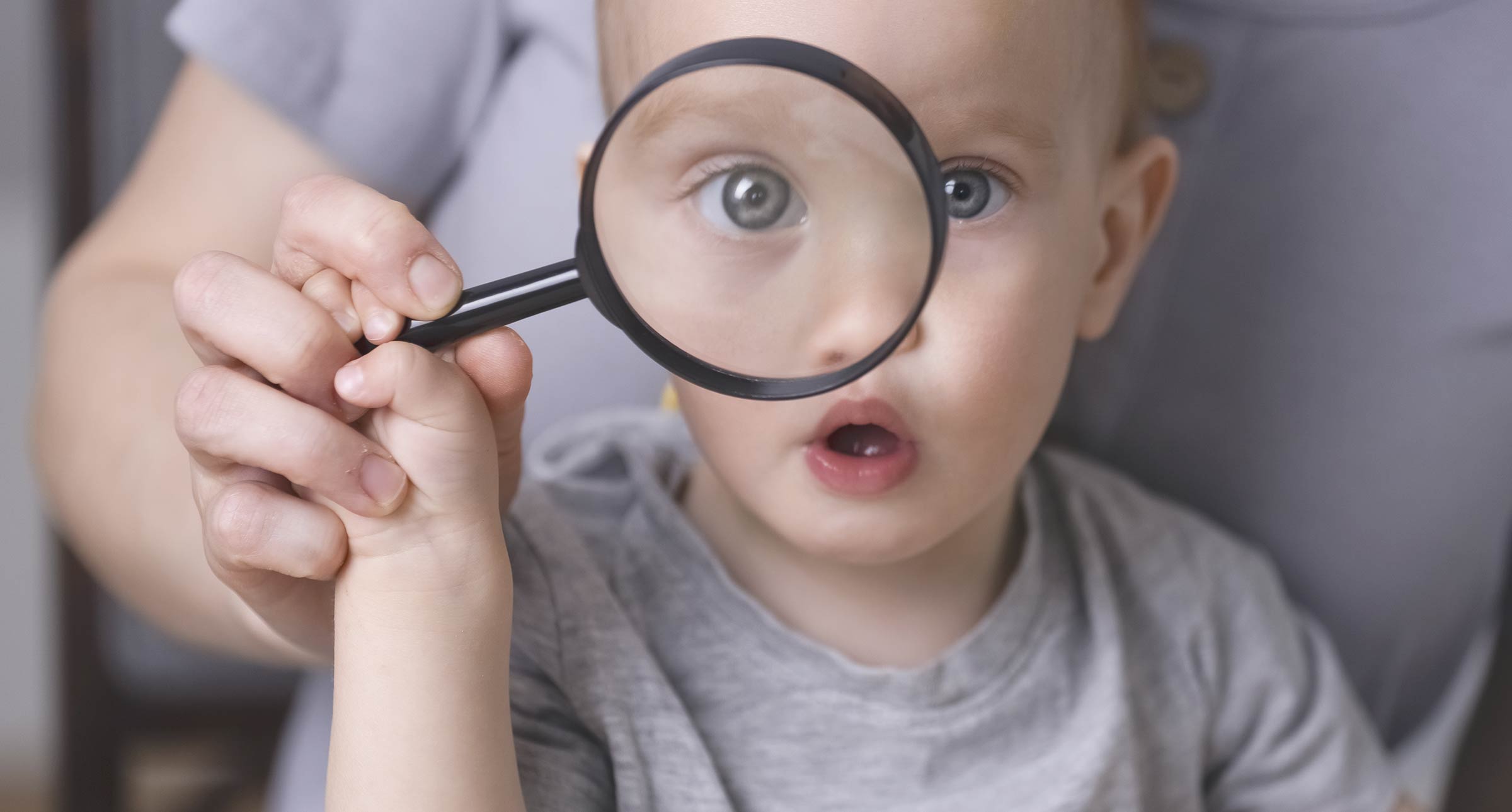Great Question – The Answer Might Not Be What You Expect!
You’re outdoors, and a wind suddenly blows you in the face. You just noticed your eyes are tearing up, and you’re not sad.
So .. “What’s going on? My eyes are watering, and I’m not crying?”.
Anytime your eyes water, they’re making tears – just like when you cry.
Your Eyes Are On Defense
This is a defense mechanism to help protect your eyes.
How?
By keeping them moist and washing out dust and other foreign stuff that gets in there.
Kind of like when you rinse off your hands.
So when you’re tearing or crying, the watering eyes are created the same way. You have tear glands found under your upper eyelids.
These are called “Lacrimal” (say: LAH-krum-ul) glands.
Most of your tears flow out through tear ducts (lacrimal ducts).
These tiny tubes drain tears just like the drains in your house.
When there are too many tears, this is when they overflow down your face.
Tears help keep your eyes clean.
You have one tear duct in each eye, and you can see them if you look closely in the mirror.
They’re located near the inside corner of each eye.

Tears & Runny Nose – Have You Noticed The Connection?
Have you noticed that when you cry a lot, your nose is also runny?
This is because your tear ducts are also connected to your nose, so when you have a lot of tears, some of the liquid will run down your nose too.
Tears Aren’t Just For Crying
Tears aren’t just for crying. Eyes water for many reasons. Anything that irritates the eye (like wind or dust) can make your eyes tear up as the eye will try to keep the eye lubricated or wash it out.
The same thing happens when you get an eyelash stuck in your eye.
The Story Behind Onions
“Why do my eyes tear up when I cut an onion?”
When chopping an onion, small fumes (with chemicals) are given off that get in your eyes and aggravate them, so the tears are a defense mechanism trying to wash away the onion mist. You can’t see it, but you sure can feel it.
Allergies & Tears
People with allergies will also notice more tears than usual. Again, this is a defense mechanism. Same with infections, like a cold or pinkeye, known as Conjunctivitis (say: con-JUNK-tih-vie-tis). These are all conditions that “irritate the eyes,” and the tears are helping protect them.
In Conclusion
Tears are very important to the health and well-being of your eyes. There is such a thing as not enough tears – some people’s tear glands don’t produce enough tears; we call this “dry eye”.
Also, certain medical conditions and some medicine can cause dry eye.
Another issue with some people is their tear ducts may be blocked or too small, not allowing proper drainage. Sometimes babies are born with closed ducts, and sometimes we perform a small procedure to clear the ducts (usually not till after two years though).
Now that you know how important tears are, you can be happy when you see them, even when you’re sad.






































